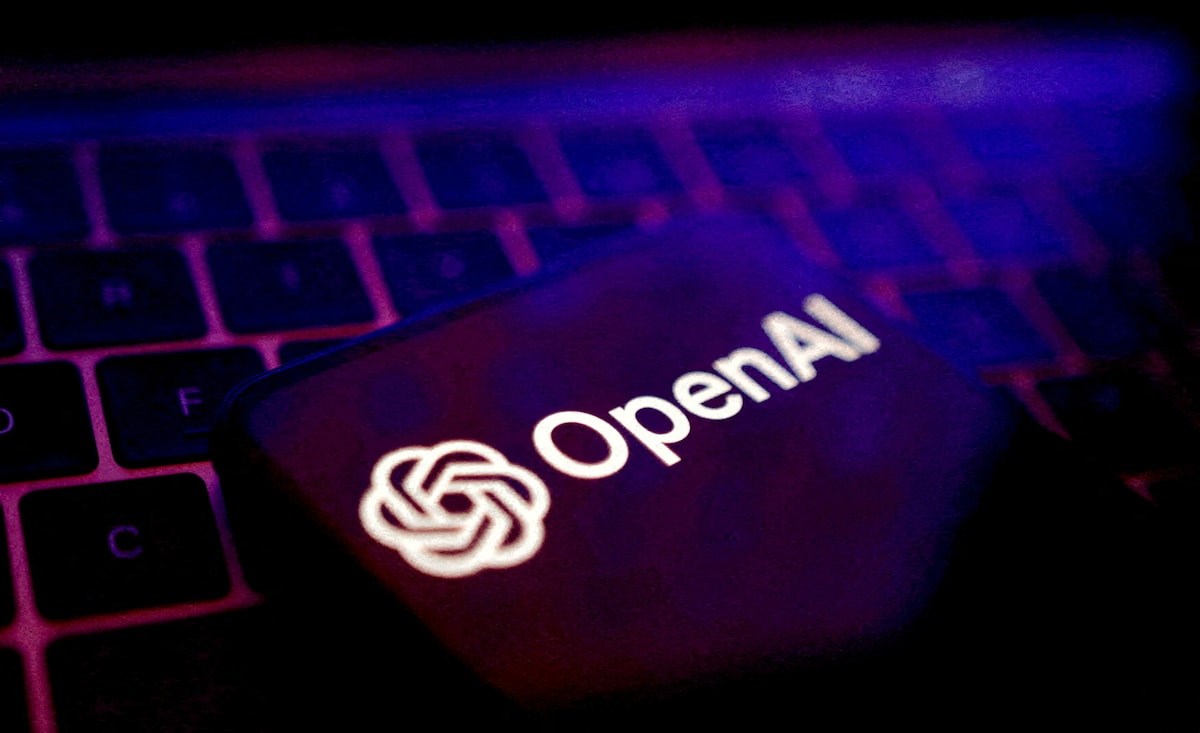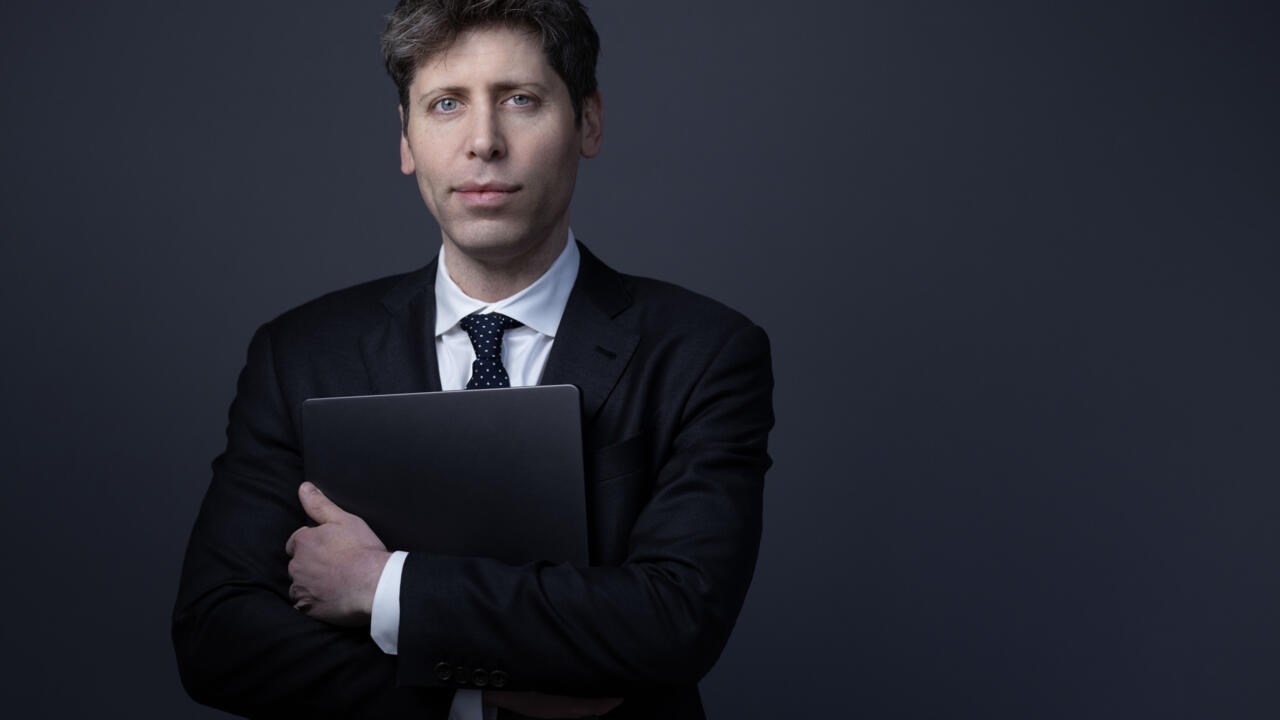

OpenAI, a leading force in artificial intelligence innovation, has decided against implementing its much-debated corporate restructuring plan. The company has announced the cancellation of its intention to transition into an independent for-profit entity, confirming that the existing non-profit foundation will continue to hold the reins of control. This decision comes on the back of mounting pressure from legal authorities, former employees, and the public.

OpenAI Cancels Controversial Transformation
“Following consultations with civic leaders and the Attorneys General of California and Delaware, we have resolved that the non-profit organization will maintain control,” declared Sam Altman, OpenAI’s CEO, in a statement featured on the company’s blog. For those unfamiliar, OpenAI comprises two distinct entities: a non-profit foundation and a for-profit (LLC) unit responsible for commercial operations. Currently, this unit enforces a return cap on investors, thereby restricting their profit potential. To address this, OpenAI had announced in September of last year its intention to operate under a for-profit Public Benefit Corporation (PBC) model. In this proposed model, the foundation would serve merely as a shareholder with limited managerial influence. However, this approach faced severe criticism, notably from Elon Musk, one of the company’s co-founders. Musk saw this shift as a compromise on transparency and safety, and he even pursued legal action to halt the process.
Non-Profit Foundation Retains Control in New Structure
In the revised framework, the non-profit foundation will be the majority shareholder of OpenAI, and its share in the PBC could potentially increase over time. Nevertheless, the ultimate managerial decision-making power will remain with the foundation. Notably, CEO Sam Altman will continue to abstain from holding a direct stake in OpenAI. The current for-profit LLC associated with the foundation will transition to a Public Benefit Corporation (PBC) model with an unchanged mission. This PBC structure has been increasingly adopted by AI research entities and socially responsible companies, including Anthropic, X.ai, and Patagonia. Through this structure, OpenAI aims to eliminate profit caps, thus attracting larger investments. As the PBC expands, the non-profit foundation’s resources will also grow. The California Department of Justice has stated that they are still assessing the proposed new structure and that the investigation remains ongoing. Meanwhile, the Delaware Attorney General’s Office has not yet issued any public statements. In a memo to employees, Altman reflected that previous “profit-capped” models were premised on the idea of a single dominant AGI (Artificial General Intelligence) initiative, but with multiple robust AGI players now in the field, a more adaptable model is necessary. He emphasized that billions, if not trillions, of dollars in investment would be essential to achieve their vision. The company’s future trajectory appears to be a delicate balance of maintaining public interest while also drawing in investors.

SİGORTA
23 saat önceSİGORTA
23 saat önceSİGORTA
1 gün önceSİGORTA
2 gün önceSİGORTA
3 gün önceBİLGİ
5 gün önceSİGORTA
6 gün önceSİGORTA
9 gün önceSİGORTA
14 gün önceSİGORTA
16 gün önce 1
DJI Mini 5: A Leap Forward in Drone Technology
20199 kez okundu
1
DJI Mini 5: A Leap Forward in Drone Technology
20199 kez okundu
 2
xAI’s Grok Chatbot Introduces Memory Feature to Rival ChatGPT and Google Gemini
14211 kez okundu
2
xAI’s Grok Chatbot Introduces Memory Feature to Rival ChatGPT and Google Gemini
14211 kez okundu
 3
7 Essential Foods for Optimal Brain Health
13052 kez okundu
3
7 Essential Foods for Optimal Brain Health
13052 kez okundu
 4
Elon Musk’s Father: “Admiring Putin is Only Natural”
12907 kez okundu
4
Elon Musk’s Father: “Admiring Putin is Only Natural”
12907 kez okundu
 5
Minnesota’s Proposed Lifeline Auto Insurance Program
10773 kez okundu
5
Minnesota’s Proposed Lifeline Auto Insurance Program
10773 kez okundu
Sigorta Güncel Sigorta Şikayet Güvence Haber Hasar Onarım Insurance News Ajans Sigorta Sigorta Kampanya Sigorta Ajansı Sigorta Sondakika Insurance News